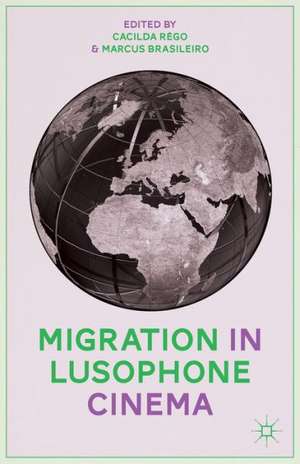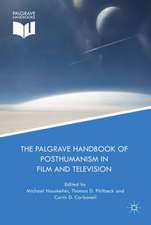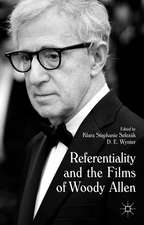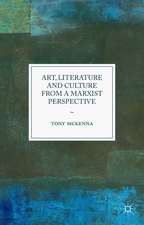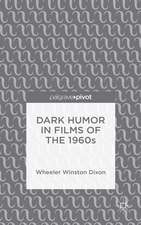Migration in Lusophone Cinema
Editat de C. Rêgo, M. Brasileiroen Limba Engleză Hardback – 26 noi 2014
| Toate formatele și edițiile | Preț | Express |
|---|---|---|
| Paperback (1) | 382.75 lei 6-8 săpt. | |
| Palgrave Macmillan US – 26 noi 2014 | 382.75 lei 6-8 săpt. | |
| Hardback (1) | 387.38 lei 6-8 săpt. | |
| Palgrave Macmillan US – 26 noi 2014 | 387.38 lei 6-8 săpt. |
Preț: 387.38 lei
Nou
Puncte Express: 581
Preț estimativ în valută:
74.14€ • 77.20$ • 62.65£
74.14€ • 77.20$ • 62.65£
Carte tipărită la comandă
Livrare economică 08-22 martie
Preluare comenzi: 021 569.72.76
Specificații
ISBN-13: 9781137408914
ISBN-10: 113740891X
Pagini: 232
Ilustrații: XI, 232 p.
Dimensiuni: 140 x 216 x 18 mm
Greutate: 0.4 kg
Ediția:2014
Editura: Palgrave Macmillan US
Colecția Palgrave Macmillan
Locul publicării:New York, United States
ISBN-10: 113740891X
Pagini: 232
Ilustrații: XI, 232 p.
Dimensiuni: 140 x 216 x 18 mm
Greutate: 0.4 kg
Ediția:2014
Editura: Palgrave Macmillan US
Colecția Palgrave Macmillan
Locul publicării:New York, United States
Cuprins
Introduction; Cacilda Rêgo and Marcus Brasileiro 1. Imagining Migration: A Panoramic View of Lusophone Films and Tabu (2012) as Case Study; Carolin Overhoff Ferreira 2. Thinking of Portugal, Looking at Cape Verde: Notes on Representation of Immigrants in the Films of Pedro Costa; Nuno Barradas Jorge 3. Outros Bairros and the Challenges of Place in Post-colonial Portugal; Derek Pardue 4. Deterritorialisation Processes in the Portuguese Emigratory Context: Cinematic Representations of Departing and Returning; Fátima Velez de Castro 5. Performing Criminality: Immigration and Integration in Foreign Land and Fado Blues; Frans Weiser 6. Two Hungaries and Many Saudades: Transnational and Postnational Emotional Vectors in Contemporary Brazilian Cinema, Jack Draper III 7. Reverse Migration in Brazilian Transnational Cinema: Um passaporte húngaro and Rapsódia Armênia; Nadia Lie 8. Otherness and Nationhood in Tizuka Yamasaki´s Gaijin I and Gaijin II; Álvaro Baquero-Pecino 9. Cinema, Aspirins, andVultures. A Double Escape from a Global Conflict; Ursula Prutsch 10; European Immigrants and the Estado Novo in Contemporary Brazilian Cinema; Carolina Rocha 11. The Migrant in Helena Solberg's Carmen Miranda: Bananas is My Business; Regina R. Felix
Recenzii
Notă biografică
Nuno Barradas Jorge, University of Nottingham, UK Álvaro Baquero-Pecino, College of Staten Island of The City University of New York, USA Jack A. Draper III, University of Missouri, USA Regina R. Félix, University of North Carolina at Wilmington, USA Nadia Lie, University of Louvain, Belgium Carolin Overhoff Ferreira, Federal University of São Paulo, Brazil Derek Pardue, Wesleyan University, USA Ursula Prutsch, University of Munich, Germany Carolina Rocha, Southern Illinois University Edwardsville, USA Fátima Velez de Castro, University of Coimbra, Portugal Frans Weiser, University of Georgia, USA
